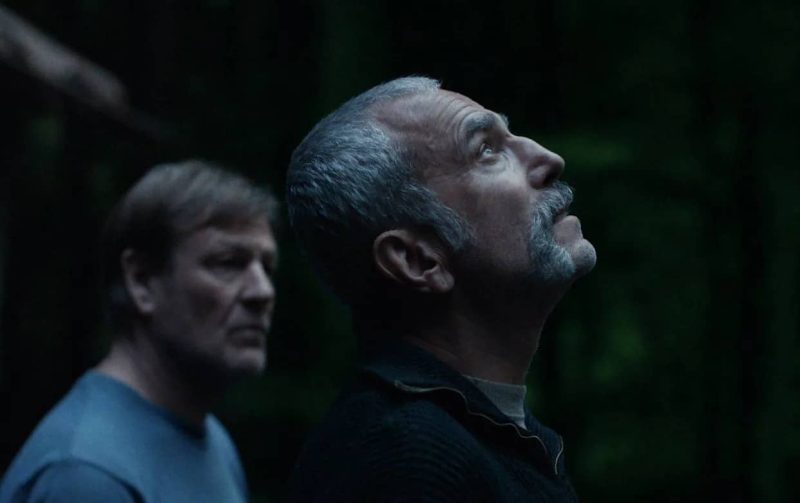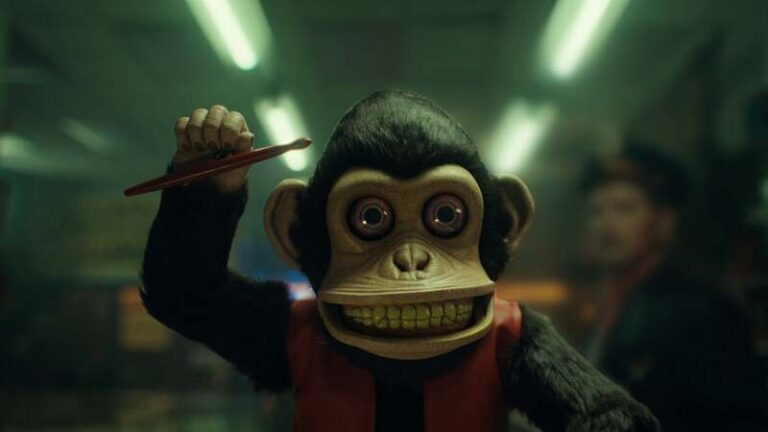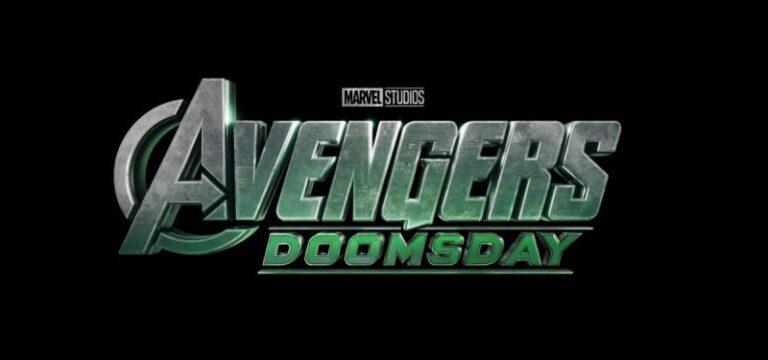Legendary Daniel Day-Lewis Breaks Silence on Screen Return With Anemone and Defends Method Acting
When renowned actor Daniel Day-Lewis speaks, the entire film world listens. And boy, does he have some things to get off his chest about method acting. After eight years away from the spotlight, the three-time Oscar winner is back with a vengeance, and he’s now “cross” with the way people talk about his approach to the craft – and he’s not holding back.
Why Daniel Day-Lewis Is Actually Mad About Method Acting Criticism
Here is what’s eating at Day-Lewis: everyone’s treating method acting like it’s some kind of cult or mental health crisis waiting to happen. Speaking to The New York Times while promoting his comeback film “Anemone” (directed by his son Ronan, no less), the actor didn’t mince his words about the growing backlash. Day-Lewis explained:
“People use ‘gone full Method’ to suggest a person’s behaving like a lunatic in an extreme fashion,”
And you can practically hear the frustration in his voice. He’s now tired of the sensationalized narratives that paint method actors as unhinged individuals who can’t separate reality from fiction. Day-Lewis argues that critics are focusing on all the wrong things. He continued:
“Everyone tends to focus on the less important details,”
Day-Lewis is referring to the tabloid-friendly stories of on-set chaos and supposed mental breakdowns. What really matters, according to the master himself, is “the internal work” that goes into creating realistic performances.
The Real Story Behind Daniel Day-Lewis’s Acting Process
Setting the record straight about what method acting actually involves, Day-Lewis has always been careful to distance himself from strict adherence to Konstantin Stanislavski‘s original methods. Instead, he’s created his own approach, prioritizing imagination and character truth over any techniques.
“All you’re trying to do is lay the groundwork, which might allow the imagination to free itself,” Day-Lewis explained. This isn’t about staying in character 24/7 or causing drama on set – it’s about creating the mental and emotional foundation needed to deliver those career-defining performances we’ve come to expect from him.
Remember when he prepared for “My Left Foot” by learning to navigate life in a wheelchair? Or when he took time off in the late ’90s to learn shoemaking in Italy? These were deliberate choices made by an artist who was totally and fully committed. He wanted to understand his characters from the inside out.
Daniel Day-Lewis’s Emotional Return in “Anemone”
What makes Day-Lewis’s comeback even more astounding is the deeply personal connection to “Anemone.” Working with his son Ronan as director, the film explores broken family relationships and the complex bonds between fathers and sons. Day-Lewis stars as Ray Stoker, a highly reclusive ex-soldier living in northern England, opposite Sean Bean.
The collaboration with son Ronan wasn’t just professionally fulfilling – it was actually emotionally necessary. Day-Lewis said he felt a “lingering sadness” at the thought of his son making movies without him. This project reignited his passion for acting in ways that surprised even him. Day-Lewis stated that it was a joyful experience to have this time together with his son.
It’s easy to sense how much this meant to him personally. After years of being uncertain about whether he’d ever return to acting, working with his family provided the perfect catalyst for his comeback.
Why the Debate Around Method Acting Matters Now More Than Ever
Day-Lewis’s defense of his use of method acting comes at a pivotal time in the film industry. Unfortunately, often social media amplifies every behind-the-scenes story so actors face more scrutiny than ever before. There now has been growing backlash against intensive preparation techniques.
But Day-Lewis makes a compelling point: the criticism often comes from people who don’t actually understand what method acting involves. He told the Hollywood Reporter:
It is invariably from people that have little or no understanding of what it actually involves… It’s almost like some special science that we’re involved in, or a cult, but it’s just a way of freeing yourself for the spontaneity when you are working with your colleagues in front of the camera.
This isn’t about defending problematic behavior on sets – it’s about preserving the right of actors to prepare for their roles in whatever way works best for them. Day-Lewis has always emphasized that his process is “nourishing, rather than debilitating,” contrary to popular misconceptions about method actors being emotionally exhausted by their work.
What Daniel Day-Lewis’s Future Holds
The most exciting part of Day-Lewis’s return? He’s not done yet. When asked about future projects, he hinted that he’s “definitely thinking about” his next role. After “Anemone” premiered at the New York Film Festival to critical acclaim, it’s clear that Day-Lewis’s creative energies have been rekindled.
His advice to young actors struggling with industry pressure? “A lot of young actors, especially if they’re lucky enough—when you get chances, people want to keep coming for you. And so it takes a certain steadiness in yourself to say, ‘No, I need to just do this the only way I know how.'”
That steadiness, that commitment to artistic integrity over commercial pressure, is exactly what’s made Daniel Day-Lewis one of the greatest actors of his generation. It’s good to see him push back against all the noise and defend the craft he’s spent long decades perfecting.
Daniel Day-Lewis isn’t just back – he’s back now with something to prove. And if you’ve got a problem with method acting, you’re just going to have to take it up with the master himself.







